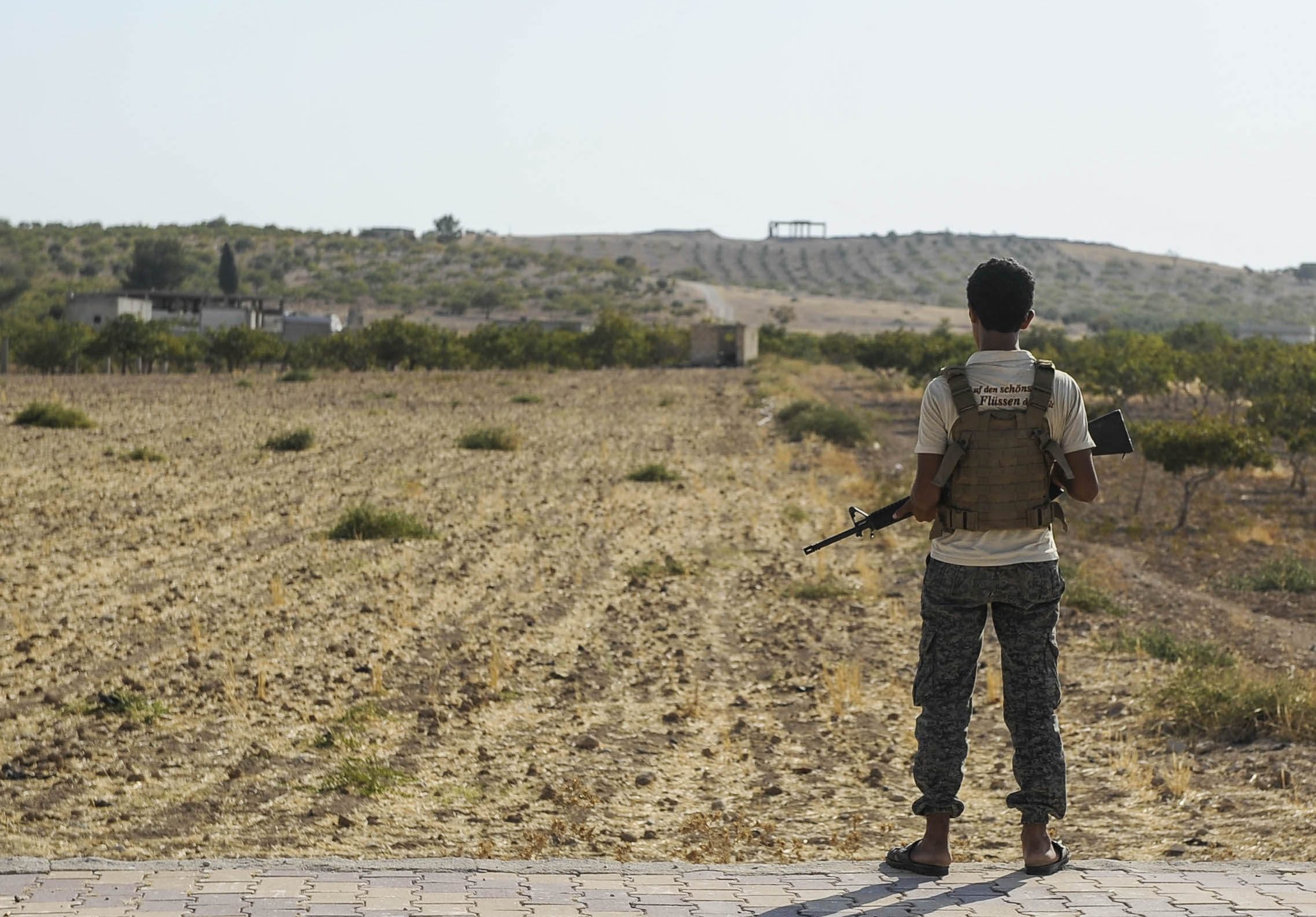
September 04, 2018
Russia Offers a Carrot to Embattled Syrian Rebels
Source: The Wall Street Journal
Journalist Thomas Grove
More than 2,000 rebels who had been fighting the Syrian army abandoned their positions along a rocky outcrop here and surrendered their heavy weaponry to Russian officers in July with barely a shot fired.
The episode showed how Moscow is trying to demonstrate soft power in the Syrian war, as it tries to wind down a brutal military campaign that has cost Russia billions and courts donors to help reconstruct the battered country.
Russia lauded the operation, which paved the way for the return of United Nations peacekeepers to the Golan Heights demilitarized zone, as a victory for increasingly successful nonviolent tactics.
Russia’s bombing raids turned the tide of the war in favor of Syrian President Bashar al-Assad, and Moscow has sent warships to the eastern Mediterranean—likely for a military onslaught against Syria’s last major rebel stronghold, in Idlib province.
But Russia has also been negotiating conditional surrenders like the one in July, promising an end to violence, a general amnesty and efforts toward the restoration of public services—in exchange for loyalty to Mr. Assad. Analysts say the Russian military sees the tactic as more important as they move beyond only military operations and take on a potentially perilous occupational role that demands a modicum of trust.
Around southwestern Syria, the Russians’ negotiating tactic focused on dangling those promises before the smallest and weakest civilian and rebel groups first, analysts said, peeling the more vulnerable ones away from hard-line rebels. The task was made easier as the opposition’s international support dried up.
Those who refused to lay down their guns agreed in the negotiations to leave for Idlib—without violence—on buses together with their families.
“The extremists understood that their time here was up,” said Russian Defense Ministry spokesman Gen. Igor Konashenkov. “We had undercut their base, and they knew it was a dead-end.”
Read the Full Article at The Wall Street Journal
